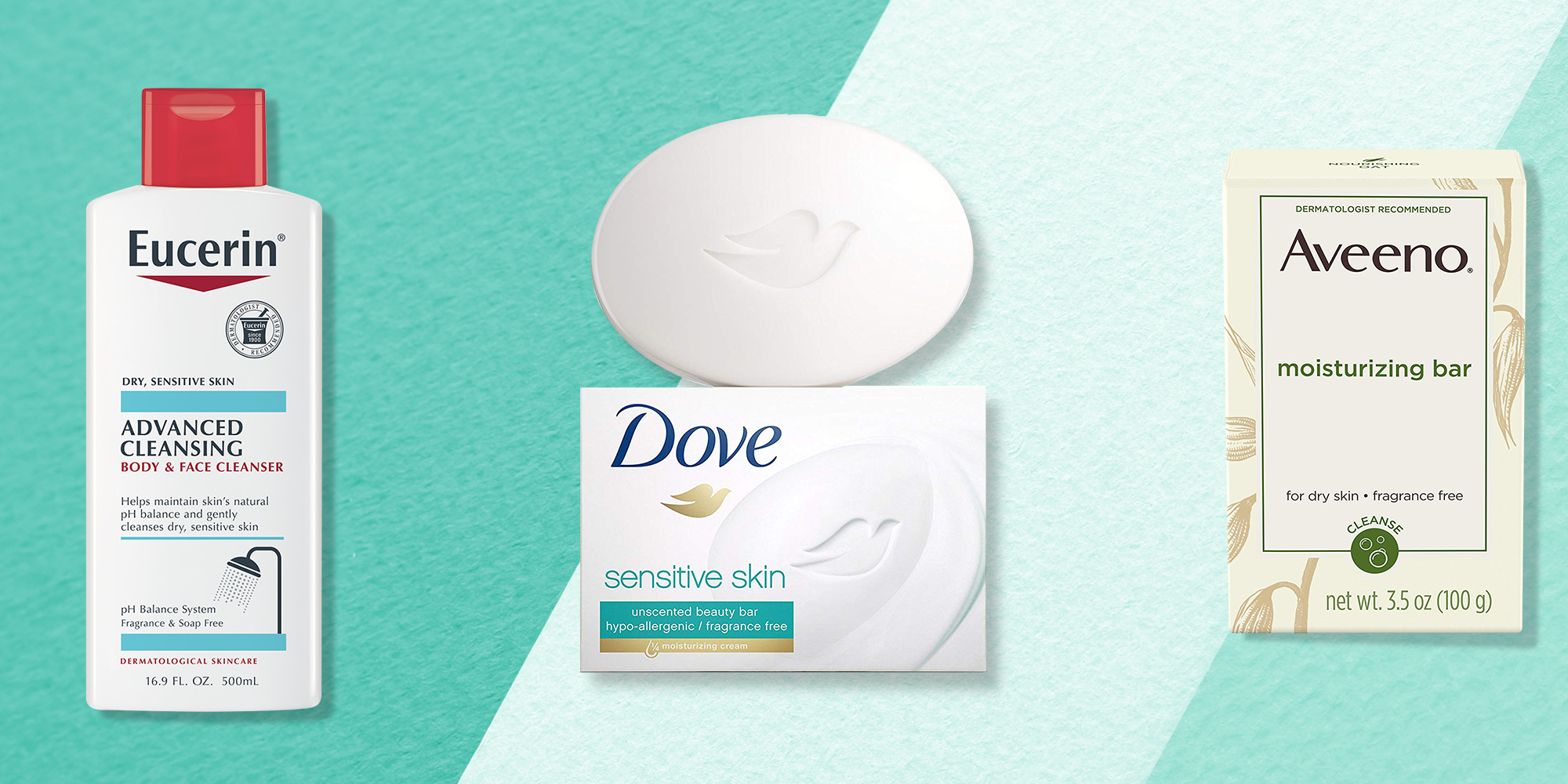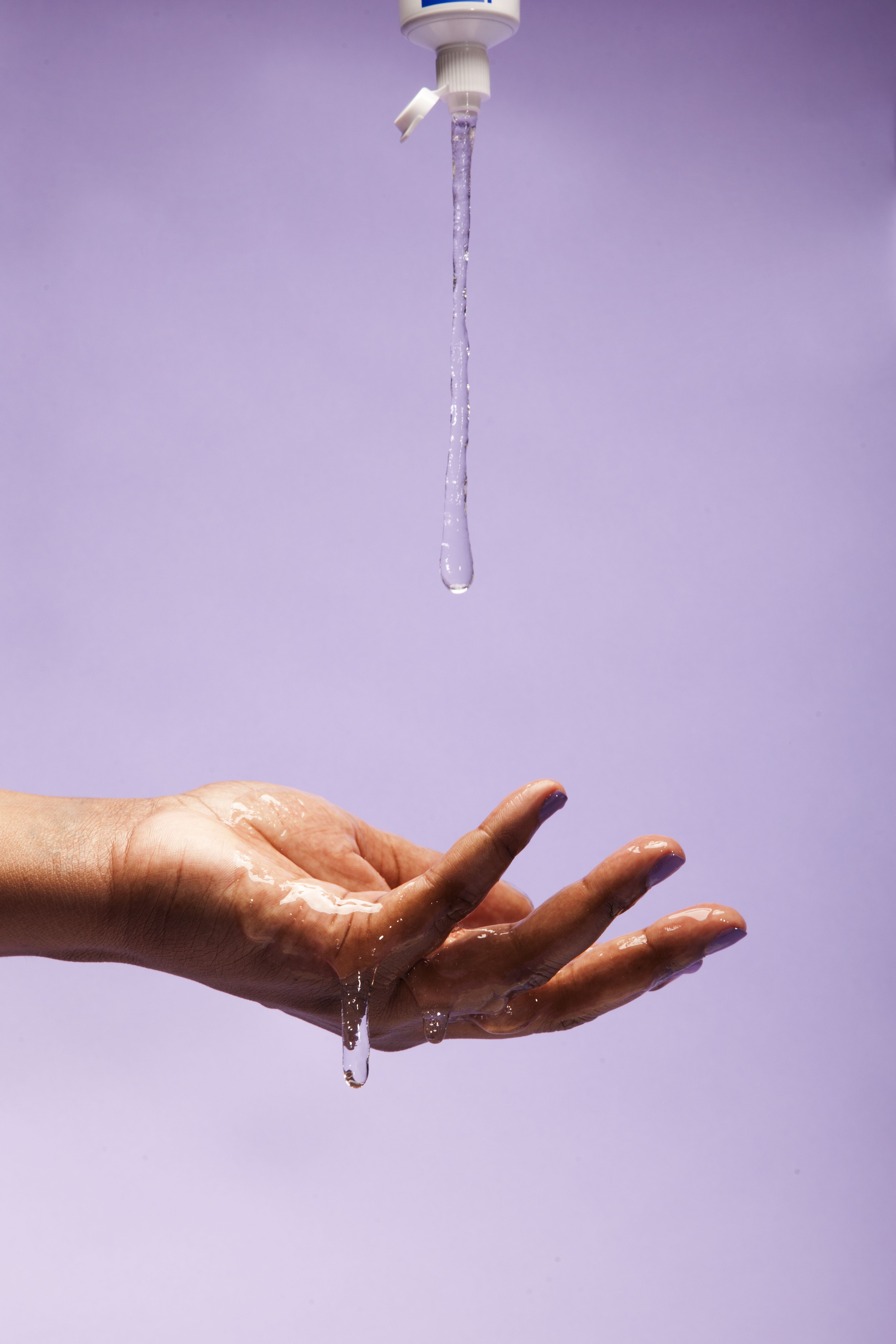Pretty much every adult woman has dealt with the annoying itchiness and discomfort that comes with yeast infections and other vaginal infections. If you’re constantly getting over-the-counter or prescription antibiotic treatments and seem to be in a vicious cycle, you may be hoping for other solutions. Enter: boric acid suppositories.
A quick refresher: “The vagina is pretty incredible because it has mechanisms to maintain its pH in a healthy acidic range of 3.8 to 4.5,” explains Alyssa Dweck, MD, ob-gyn and founder of V-qool in Westchester County, New York. Healthy, “good” bacteria called lactobacilli that are naturally in the vagina produce lactic acid to maintain this pH, Dr. Dweck explains. “And many daily practices or infections can disrupt this pH and cause symptoms such as itching, irritating, odor, abnormal discharge, and infection with yeast or other bacterial overgrowth.”
Now let’s get to boric acid (or boriseptic) suppositories. These are often prescribed as an alternative treatment for certain types of vaginal infections that are resistant to standard treatment, says Kecia Gaither, MD, an ob-gyn in New York City, or as a preventative measure. But are they boric acid suppositories legit and, more importantly, safe? Let’s dig in.
What are boric acid suppositories exactly?
Boric acid (yes, the same stuff we use to kill cockroaches) can help to maintain a healthy vaginal pH for those struggling with chronic or recurrent yeast or bacterial infections, says Dr. Dweck. It can be formulated in vaginal capsules, but they’re meant only for intravaginal insertion (meaning you put the capsule directly in the vagina) and should never be taken orally.
“Historically, these needed to be prescribed by a health care practitioner and formulated at a specialty compounding pharmacy for individuals,” she explains. “They have since become a bit more mainstream and are available over the counter.”
What are boric acid suppositories used to treat?
Boric acid is usually thought of as a preventative management for those who experience chronic and recurrent yeast infections or bacterial vaginosis (BV), says Dr. Dweck. It is not usually a first-line treatment, but rather used to prevent recurrence after standard treatment or aid treatment of an infection that just won’t quit.
How long does it take for boric acid suppositories to work?
Since boric acid suppositories are generally used as a preventative method, after standard treatment should have already been attempted, says Dr. Dweck. After you’ve finished the original course of treatment recommended by your doctor, there are many regimens you can implement that involve these suppositories to prevent a recurrent infection.



“My go-to regimen is one suppository (500 to 600 mg) intravaginally once per week for eight to 12 weeks,” she says. “ I usually use this after satisfactory treatment with a traditional antifungal/antibiotic, and this is usually sufficient for prevention.”
Is it safe to use boric acid suppositories on your own for vaginal issues?
If traditional treatments aren’t helping you kick recurring infections, definitely talk to your doc about trying out this alternative method before you go at it alone to make sure you do so safely.
You should *always* avoid oral use of boric acid because the substance is toxic when ingested. So, this also means you should avoid receiving oral sex after insertion for at least 24 to 48 hours, says Dr. Dweck. Additionally, if you find you’re sensitive to boric acid or the capsule it’s contained in, then she recommends discontinuing use (though Dr. Dweck notes this is rare!).
“Potential side effects include redness, burning, and watery discharge,” adds Dr. Gaither. “Boric acid suppositories should also not be used during pregnancy or in the presence of open wounds.”
Lastly, you should always obtain these capsules from a reputable pharmacy, Dr. Dweck says.
The bottom line: Boric acid suppositories may help prevent recurrent yeast or bacterial vaginosis infections after you’ve completed standard, doctor-recommended treatment.
Source: Read Full Article






